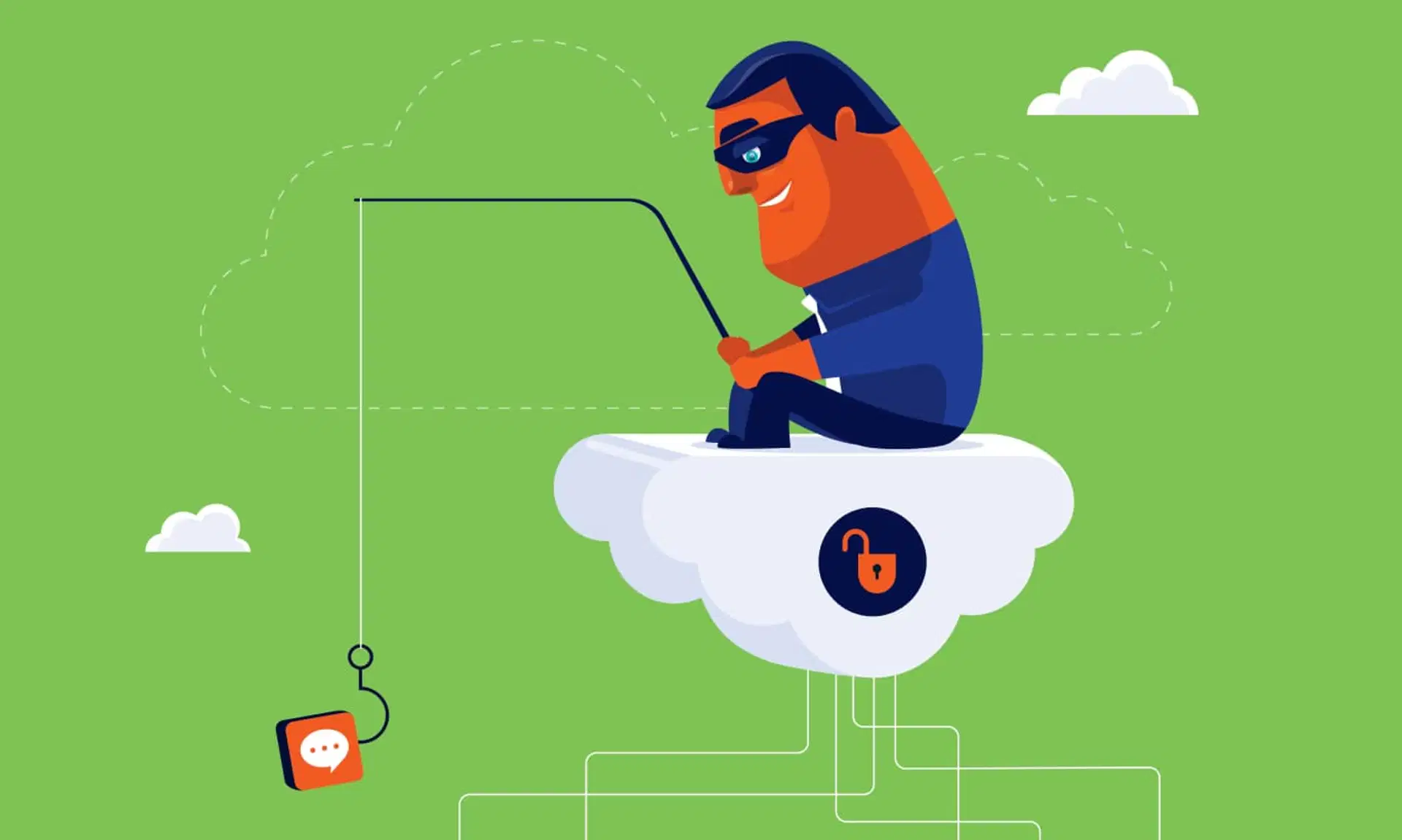security
What is a 3DS payment scam?
5 min | 03 June 2024

Scams that exploit 3D Secure are on the rise, which means it’s even more important to spot a potential scam – and learn how to protect yourself.
Scammers are increasingly targeting people as they’re using payment verification systems. How can you protect yourself and what should you know about it?
What is 3DS?
3D Secure (3DS) is a card security system designed to protect you with an extra layer of verification when you’re making online credit and debit card transactions. Banks and credit providers often use 3DS as an additional form of authentication by asking you to approve the payment in your banking app when you’re making transactions online.
How do scammers exploit 3DS?
Scammers are increasingly using 3DS to approach – and defraud – people:
- You might get a call from someone pretending to be from your bank claiming that your account is in danger and you need to approve some payments to ‘protect’ your money
- The scammer may say you need to act immediately to avoid ‘fraudulent’ payments leaving your account by approving some transactions and putting money into a ‘safe’ account
- Scammers can also use malicious software on mobile devices to intercept a verification code sent to your mobile phone or use online phishing pages to access your passwords and personal information
Unfortunately, as soon as you approve these transactions and the money is moved, it’s in the hands of the scammer.
How to protect yourself from 3DS scams
The most important thing to remember is that your bank or other genuine institutions will never contact you to ask you to move money to another account, approve a payment over the phone or give your password information. If you get a call like this, hang up immediately – no matter how friendly or professional they sound.
Here are some other ways to protect yourself:
- Use strong passwords for your bank accounts and change them regularly
- Check your statement – or preferably your banking app – regularly to keep on top of your transactions and spot anything that doesn’t look right, like unauthorised activity
- If you do get a request for sensitive information, you can verify it by contacting your bank directly to check it’s genuine. Don't call back from an incoming number, as it could have been spoofed – use a different phone and dial the number on your bank card
- If you suspect you have been scammed, report it immediately to your bank and other relevant organisations like Action Fraud
- Banks want to keep your money safe, so check their websites to keep up to date with any latest issues or developments around security
- Be cautious with other methods of communication a scammer might use to approach you, such as SMS messages or emails
By staying vigilant and following these measures, you could reduce the risk of falling victim to 3DS scams.
What is the ‘pig butchering’ scam?
The unappealingly named scam known as ‘pig butchering’ involves people who create fake personas on dating sites or social media platforms to forge a connection with a victim over time. The scammer builds trust over weeks or months, persuading you to invest more and more money into a fraudulent scheme (like a cryptocurrency scam), ‘fattening’ you up and eventually pocketing your money and disappearing.
These scammers are skilled in techniques to convince you to part with your money, so if you’re contacted with unsolicited messages when you’re on social media or a dating platform, be cautious. You might be messaged directly by someone who seems nice, but it’s important to remember they’re still a stranger.
How to protect yourself
- Be wary of anyone trying to move your conversations away from a legitimate platform – they could be trying to take you onto a channel that’s not secure
- Look for verification from social media sites that show the person is genuine
- Someone asking you for money or pushing you to invest is a big red flag. While it might feel like a difficult decision, log off immediately and report them to the platform you’re using
- No legitimate investment should use social media or a dating app as a key communication tool
Do your own research on any investment idea and get some independent financial advice. An opportunity that seems too good to be true probably is, even if it sounds professional and detailed.
When the scam comes from someone you’ve met on a dating platform, you may be more open to potential fraud because you’ve placed more trust in them. However, it’s important to be on guard and avoid sharing too much information – no matter how hard they try to persuade you otherwise.
Being alert to scams and taking some protective measures could make a difference when it comes to holding on to your hard-earned cash or losing some of it.
If you think you might be the victim of a scam or fraud involving any of your Chase accounts, please contact us right away.
Recommended reading






